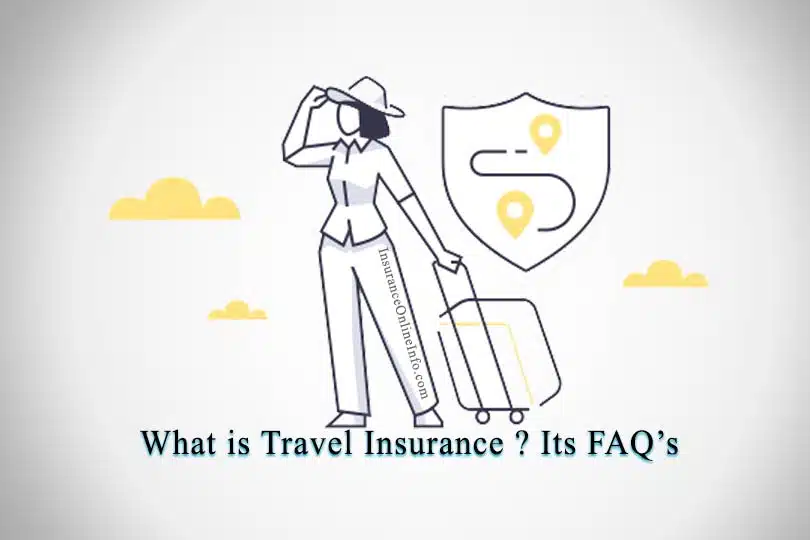Let’s first understand What is Travel Insurance ?
Travel insurance is a specialized form of insurance designed to safeguard travelers against unexpected risks and financial losses that may occur during their trips, whether they are traveling within their country or internationally. It provides valuable coverage and financial protection in various travel-related situations, ranging from minor inconveniences like delayed luggage or missed connections to more serious emergencies such as accidents or illnesses.
Essentially, travel insurance acts as a safety net, offering peace of mind to travelers by covering unforeseen expenses and offering assistance when they encounter challenges during their journey. It serves as a financial buffer, helping travelers deal with potential mishaps and ensuring they can focus on enjoying their trip without undue worry.The coverage offered by travel insurance may include compensations for trip cancellations or interruptions, reimbursement for lost or stolen belongings, medical expenses incurred abroad, emergency medical evacuation, travel delays, and various other travel-related incidents. Each travel insurance policy may differ in its specific coverage and limits, so it’s essential to review the terms and conditions carefully before choosing a plan that best suits your travel needs.
In summary, travel insurance is a valuable and practical investment for any traveler, providing a safety net against the uncertainties that can arise during trips and allowing individuals to explore the world with greater confidence and security.
Frequently Asked Question Related to Travel Insurance –
While the GHIC covers medical treatment in some countries, it is not a substitute for comprehensive travel insurance. GHIC does not provide coverage for private medical costs, rescue and repatriation, or protection for your belongings, accommodation, or flights. To ensure comprehensive coverage during your trip, it’s essential to have dedicated travel insurance.
a. Keep your documents handy: Ensure you have your policy documents, including the policy reference number, readily available when contacting your insurer for a claim.
b. Contact the authorities (if necessary): If your claim results from a crime, inform the local police immediately and obtain an official police report. Some insurers may require this report within a specific time frame, usually 24 hours after the incident.
c. Act promptly: Get in touch with your insurer as soon as possible if you anticipate needing to make a claim. This is particularly crucial for medical treatment, as some insurers may require prior approval before covering the costs. Check your policy documents for an emergency 24-hour contact number.
d. Gather evidence: Collect relevant evidence, such as police reports, medical notes, or receipts, to support your claim. This evidence may be necessary to validate and process your claim.
Travel insurance typically covers medical costs for unexpected pregnancy-related emergencies. However, routine care or expenses related to giving birth may not be covered under the policy.
However, it’s advisable to purchase travel insurance specifically for Europe, as some policies might not cover you if you travel outside of Europe. These policies will provide adequate coverage for your trip within the European countries.
For travelers planning a long trip or visiting multiple destinations in one holiday, long stay travel insurance might be more suitable. These policies cater to long trips and backpacking holidays, providing coverage for an extended duration.



